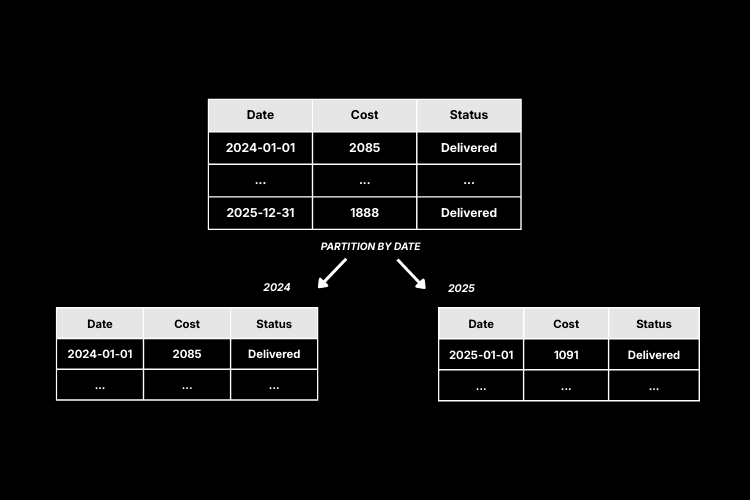Smarter Syncs: How to Control Table-Level Schedules in Weld
Not all data is created equal, and not all of it needs to sync on the same schedule.
That's why Weld now supports per-table sync scheduling. This feature gives you more flexibility and control over your ELT workflows, helping you optimize for both data freshness and cost efficiency.
Whether you're running hourly syncs for mission-critical dashboards or want to reduce load by syncing large tables less often, you can now tailor your sync strategy table by table.
Why control sync frequency?
In most ELT pipelines, every table syncs at the same frequency by default. But in practice:
- Some tables are essential for real-time reporting
- Others rarely change or are only needed for monthly reporting
- Large tables can be expensive to sync frequently
With table-level scheduling, you can make smarter decisions about how often data flows, without duplicating connectors or introducing complexity.
How it works in Weld
Weld allows you to set custom sync schedules for each individual table (or stream) in a connection.
You can choose different frequencies:
- Every 5 minutes
- Every 10 minutes
- Every 30 minutes
- Every hour
- Every 3 hours
- Every 6 hours
- Every 12 hours
- Every day
All from the connection setup UI, no need to manage separate pipelines or workflows.
Example use cases
Here are a few ways teams are already using table-level sync control:
ad_group_stats: Syncs hourly to power near real-time campaign dashboardsuser_list: Syncs daily since audience data changes less frequentlycampaign_history: Syncs weekly to preserve historical insights while reducing compute usage
Benefits
- Lower cost: Avoid unnecessary warehouse loads by syncing large or static tables less often
- Better performance: Reduce pipeline strain by spreading out sync operations
- More flexibility: Prioritize freshness where it matters most without complicating your architecture
Getting started
To enable table-level syncs:
- Go to your connector settings in Weld
- Click the drop down menu at the chosen table
- Click Configure custom schedule
- Select the preferred frequency
- Save the schedule
Weld will handle the rest.

Smarter syncs mean smarter data workflows
If you're looking to scale your ELT setup without scaling costs, this feature gives you the control you need, right where you need it.












